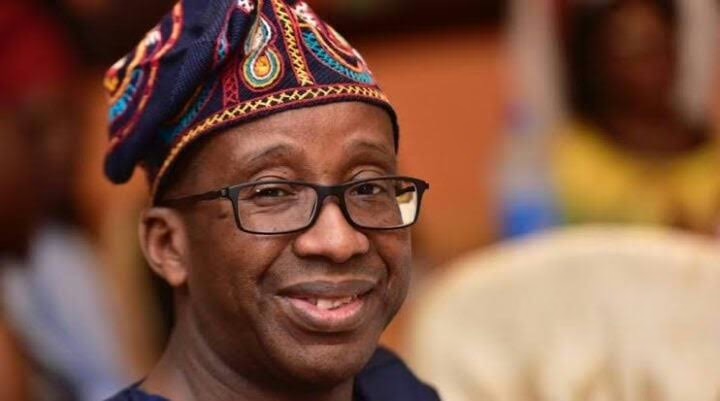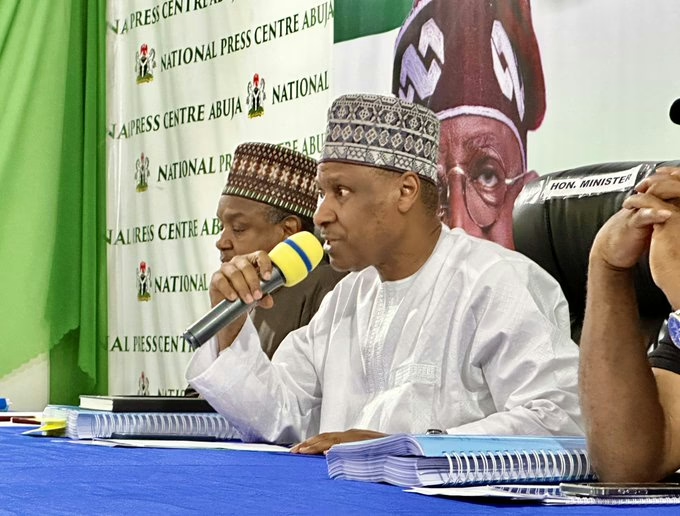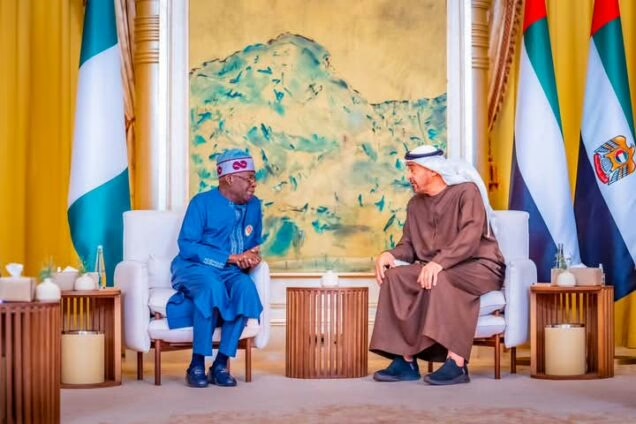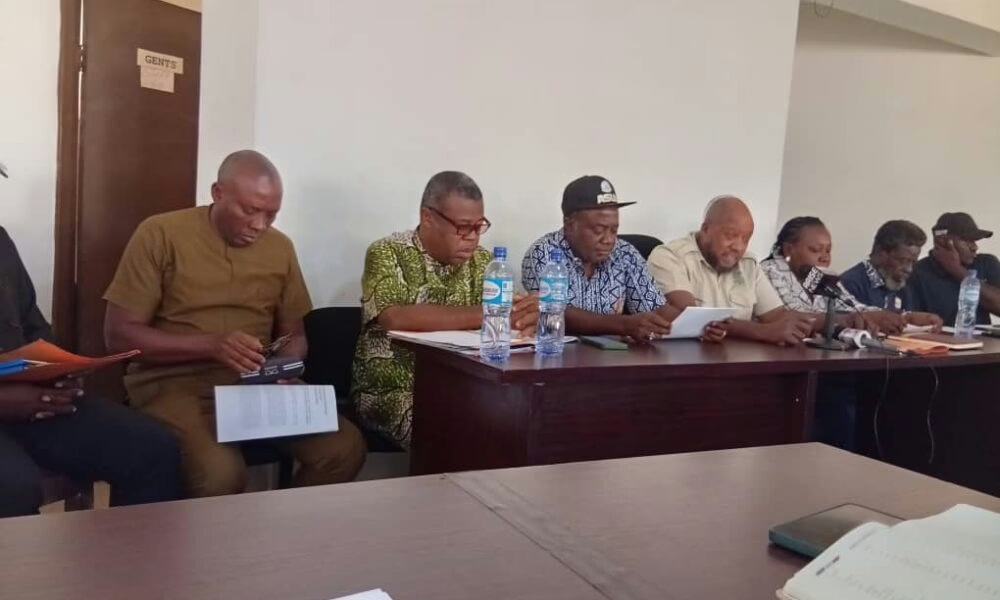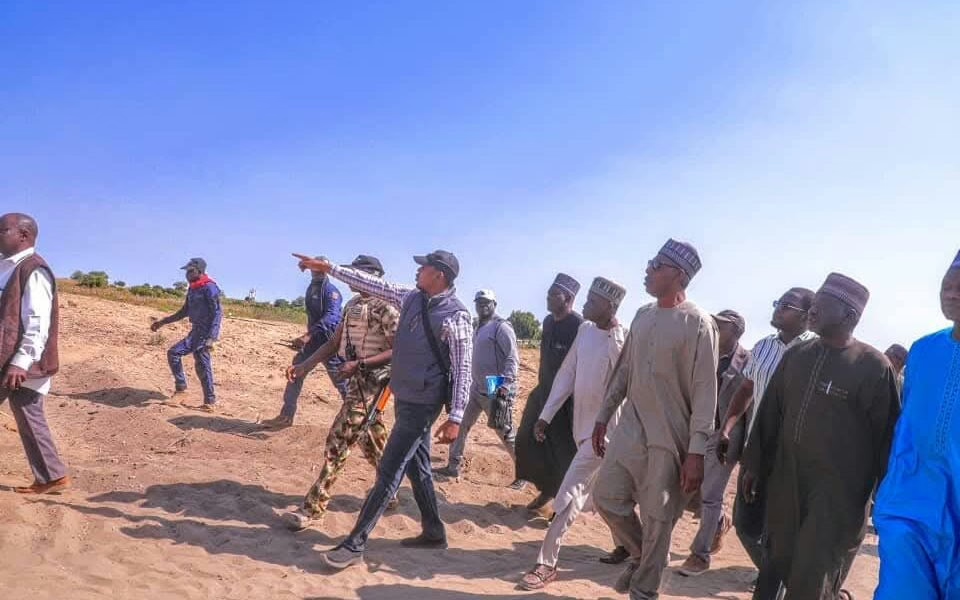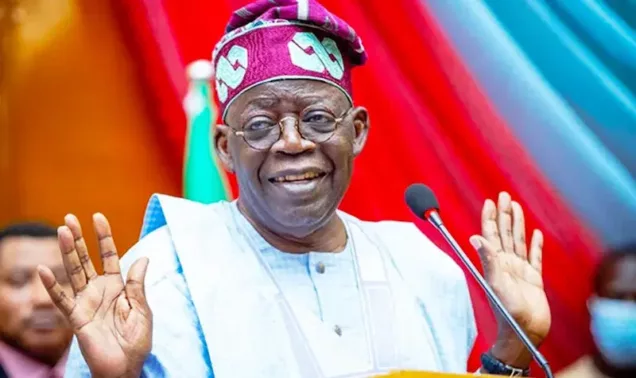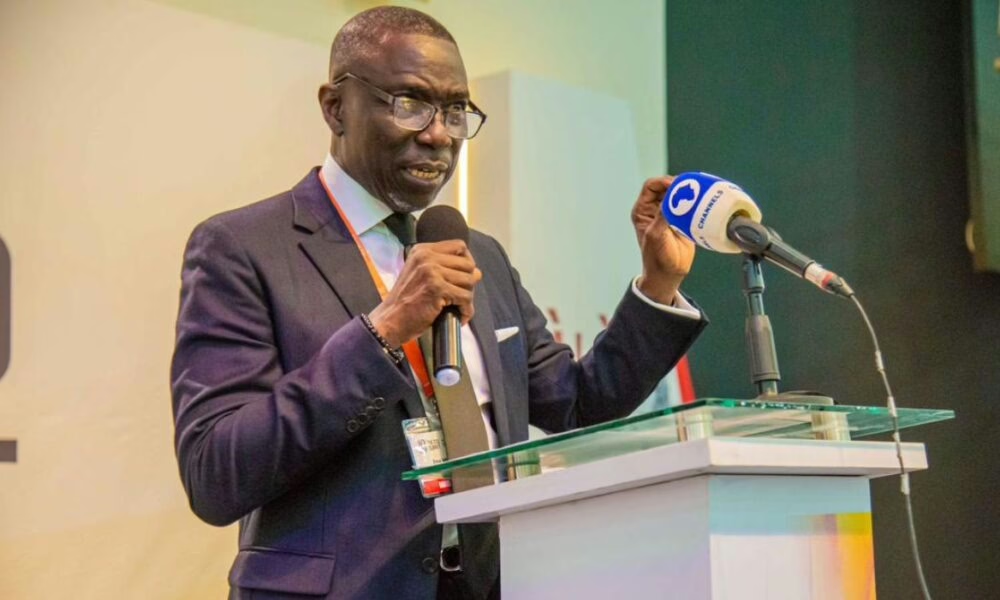As the administration of President Bola Tinubu goes into its eighth month, some people believe it is too early to judge him while some believe it is enough time. Given Tinubu’s public relations savviness, a group has started to run a TV commercial, urging Nigerians to continue to support him and give him more time to produce the expected dividends of democracy.
Buhari was so aloof that anybody who took over from him and took some steps would have some things to show as distinguishing factors. Buhari did not fail because he didn’t do enough or was unlucky to be beset by problems beyond him. He was the only Nigerian president that was so aloof, detached and unconcerned that he could not sack erring aides or call aides or officers to them, including those who were working against one another and the nation. There was something incomprehensible and inexplicable about the type of leadership Buhari offered Nigeria. It was as if he completely did not care about what happened to Nigeria as long as some preferred groups of his were not adversely affected.
Talking did not move him. Complaining did not move him. Advising did not move him neither did ridiculing. It seemed that his life-long ambition was to be called an elected president to wipe away the image of a dictator who ruled the country with the force of a gun. And having achieved that, he was satisfied so much that nothing mattered to him. His illness also made things worse. After his recovery, it seemed he no longer cared about much. He was just satisfied with doing the minimal. After the illness, it seemed as if he was not fully conscious of the things happening around him. It was only when he spoke in one of the once-in-a-blue-moon interviews that it looked as if he was aware of happenings around him.
During the campaign period, Tinubu and members of the All Progressives Congress were careful not to criticise Buhari and the impact of his misgovernance on Nigeria. They did not want anything that could anger him and make him work against them at the polls. Tinubu even praised him a few times and promised to continue with his policies if elected. They kept on with the window dressing until the Independent National Electoral Commission declared Tinubu the winner and Tinubu got inaugurated as the president. From that point, they dropped the pretences and started telling the nation that Buhari handed a ruined economy to Tinubu.
Tinubu himself set the ball rolling in July in a coded way when he addressed the nation on the worsening socio-economic challenges. In a speech titled “After Darkness Comes the Glorious Dawn,” he bemoaned the various problems that the country was facing. He, however, ended the speech on a positive note by saying: “I assure you, my fellow countrymen and women, that we are exiting the darkness to enter a new and glorious dawn.” Although Tinubu was not directly blaming Buhari, that statement implied that the era of darkness he inherited from Buhari was coming to an end.
However, six months into his administration, Tinubu was no longer ready to sugar-coat the Buhari administration. He didn’t want to be solely blamed for the situation of the economy. In November, a key figure of the Tinubu administration said that Tinubu inherited a bankrupt country. While speaking at the chief of defence intelligence annual conference, the National Security Adviser, Nuhu Ribadu, made the assertion. Ribadu said inter alia:
“We are facing very serious budgetary constraints. It is okay for me to tell you. It is fine for you to know. We have a very serious situation,” he said.
“We have inherited a very difficult country, a bankrupt country to the extent that we are paying back what was taken. It is serious.”
Following the depreciation of the naira, rising cost of things as well as regular killings and kidnappings taking place in Nigeria, many people – including Tinubu’s supporters – had begun to criticise him. That seemed to have made Tinubu to decide that the time to keep quiet over what he inherited from Buhari was over.
The comment by Ribadu was like a cue for other APC people to start openly blaming Buhari for the woes of the country. That same November, Ogun State Governor, Dapo Abiodun, said the country was almost in a comma when Tinubu came into office. “Tinubu inherited an administration that was almost comatose,” he noted.
In December, an APC chieftain and former governor of Osun State, Chief Bisi Akande, blamed Buhari for the hardship Nigerians are facing because of the removal of fuel subsidy. He argued that if Buhari had taken the courageous step of removing the fuel subsidy in 2015 when he was elected, Nigerians would have adjusted to it by now.
But many Nigerians criticised the APC members for playing the same script that Buhari played. For the eight years he was in office, Buhari and his aides and other APC members blamed his predecessor, Goodluck Jonathan, for the woes of the country. Tinubu was reminded that during his campaign, he promised to solve the myriad of problems of Nigeria regarding security, economy, health, education, agriculture, electricity, etc.
Eight months may not be enough for an administration to change the fortunes of a country, but it is enough to start laying the foundation for such a turnaround. It is enough for an administration to show signs that it is genuinely eager to break with the past and do things differently. Nothing of that nature has been seen in the administration of Tinubu. And because Tinubu has been doing the regular, he has not been able to convince the people to believe that a new era has begun.
The naira has continued to speedily depreciate. When Buhari took over in 2015, one dollar was exchanged in the parallel market for about N220. By the time Buhari left in May 2023, the exchange rate had dropped to about N750 for a dollar. In the eight months of Tinubu’s administration, the naira has plummeted to about N1,350 – almost 100 per cent. The sad part is that there is no sign that the fall of the naira will stop soon.
Also, inflation has continued to rise. Expectedly, prices of goods and services have been rising too. Corruption has not shown any sign of stopping. But the most critical aspect of Nigeria’s problems is the insecurity. Kidnapping for ransom as well as the massacre of communities by bandits have been the scariest issues facing most Nigerians. Consequently, many financially comfortable people who never fell into the group eager to leave Nigeria have become eager to relocate.
However, one area that has done well is the stock market, which has performed as one of the best in the world. The curious part is that nobody has been able to explain why the Nigerian Stock Exchange has been doing extremely well at a time the economy is not doing well. For example, while at the end of December 2023, Unilever ceased the production of Omo (which has been the generic name for detergent in Nigeria for many decades), Lux, Sunlight, etc, the Nigerian Stock Exchange ended as the second-best exchange in the world behind Argentina.
The task of governing Nigeria at a time like this is daunting but not insurmountable. The most important trait a leader needs to achieve that is by winning the trust of the people. And to be trusted, a leader must lead by example and display top-level transparency, honesty and humility.
– X (formerly Twitter): @BrandAzuka


